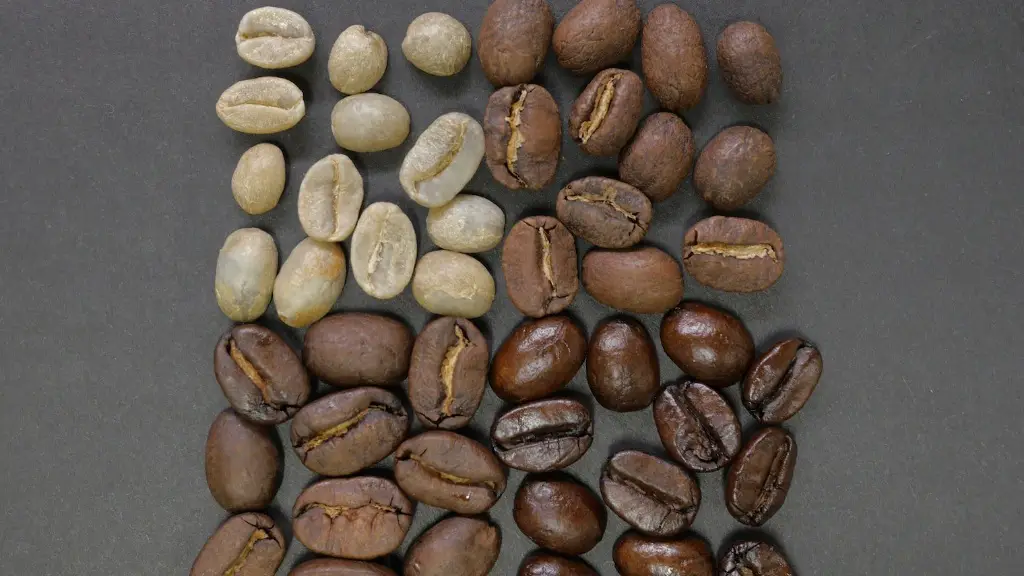Caffeine Content
Coffee and energy drinks are two popular drinks that many people rely on to keep them alert and energized throughout the day. While both drinks contain caffeine, the amounts can vary considerably. Caffeine is an important factor to consider when making decisions about what drinks to choose for energy and alertness.
The average cup of coffee contains 80 – 100mg of caffeine. An 8-ounce cup of black coffee typically contains 80 – 135mg. A 12-ounce cup of brewed coffee may contain up to 175mg of caffeine.1 Meanwhile, a can of energy drinks can have anywhere from 35 to 250mg of caffeine in it.1
Effects of Caffeine on The Body
Caffeine blocks the chemical adenosine in the brain. Adenosine is responsible for making you feel relaxed and drowsy, so when caffeine blocks it, it can help to make you feel alert and energized. Caffeine also boosts the neurotransmitter dopamine, which is responsible for feelings of pleasure.2
Caffeine can increase heart rate, blood pressure, and blood flow to the muscles, which can cause a feeling of energy.3 The effects of caffeine can vary from person to person, however, depending on factors such as size, body chemistry, and if they have recently consumed any other foods or drinks that contain caffeine.
Potential Side Effects
Though caffeine can cause alertness and energy, it is important to note the potential side effects. If consumed in excess amounts, caffeine can lead to restlessness, anxiety, insomnia, headaches, irritability, and an increased heart rate.3
Overall Considerations
Overall, energy drinks are still likely to contain higher levels of caffeine than coffee. However, given the potential side effects that can come from consuming caffeine, it is important to be aware of how much caffeine is in each drink and to consume in moderation.
Caffeine Alternatives
If you want to forgo the intake of caffeine but still want to feel energetic and alert, there are some caffeine-free drinks that may be of interest. These include green teas and herbal teas, which are both packed with antioxidants that can give you a boost throughout the day.
Other Benefits of Coffee and Energy Drinks
Both coffee and energy drinks can offer benefits other than just giving you an energy boost. For example, regular coffee drinkers may have a lower risk of Alzheimer’s disease, cancer, and heart disease.4 Energy drinks can provide vitamins, minerals, and antioxidants, if formulated with nutrition in mind.
Differences in Taste
When deciding between energy drinks and coffee, it’s also important to consider the taste. Coffee has a unique flavor and can be enjoyed with various added ingredients such as sugar, cream, and flavored syrups. Energy drinks often come in a variety of flavors, and some contain additional ingredients, such as guarana, that may contribute to their flavor.
Health Benefits of Black Coffee
Black coffee, which is coffee without any added ingredients like cream or sugar, can provide some health benefits as well. It’s rich in vitamins and minerals such as niacin, magnesium, and phosphorus.5 Black coffee can also boost metabolism, improve physical performance, and protect against diseases such as type 2 diabetes and liver disease.6
Advantages of Energy Drinks
Though energy drinks can be high in caffeine and sugar, under certain circumstances, they can be a healthy alternative to coffee. For example, if you’re trying to get an energy boost shortly before exercise or during a low-energy time of the day, an energy drink can be a good choice.7 They also contain other nutrients and electrolytes that can improve performance, such as Vitamin B, panthothenic acid, and BCAAs.
Disadvantages of Energy Drinks
On the other hand, energy drinks can also contain high levels of sugar, taurine, and other stimulants that can be dangerous for some people.8 Excessive consumption of energy drinks may increase the risk of heart attack, stroke, and other cardiovascular problems.9 Furthermore, frequent consumption of energy drinks can lead to caffeine dependence and an increased tolerance, leading to an increased need for more caffeine to produce the same effects.
Making the Right Choice
When it comes to coffee and energy drinks, there’s no one right answer. Everyone’s body responds differently to caffeine, and everyone has different needs in terms of energy and alertness. Ultimately, making a conscious decision about how much caffeine to consume is the best way to ensure that you get what you need while also avoiding potential side effects.


